|
Well, now that I'm 6 weeks postpartum, I would like to finish my posts about our Bird adventure. But I need to be more brief or I'll never get this done.
We had a great experience. We hatched 4 out of 5 fertilized chicks and 12 out of 20 fertilized ducks. We had 1 chicken fatality due to a poorly absorbed yolk sac. We named our living chicks Cookie, Brownie and Silver and we recieved 2 chicks from a friend and raised them as well. For a total of 5 Chicks. We also had several duck fatalities. One was born with a deformed leg and died around 3 days old. Another hadn't absorbed his yolk sac like the chick and died within a day. We had a couple that tried to get out of their eggs and didn't make it out. That was pretty hard for me. I felt badly that I hadn't helped them out. But helping them is very controversial. Sometimes it helps and sometimes it make circumstances worse. Then I also made a mistake with my watering container. I cut holes too large and one duckling got his shoulders stuck in the hole and drowned in his drinking water. Sad days, but good learning experiences. We named the first duck Apple, but then discovered that the ducks were almost all identical at birth. So they were all Apple! We ended up with 9 ducks. They grew so quickly that I thought I was feeding them too much. After I returned them to the farm, I found out that they were a special breed of Rouen duck that grows to be 15 pounds. No wonder they were growing so fast! All the Ducks were done hatching on Mother's Day and then we kept them all until June 11th, so they were 4 weeks old when we sent them back to the farm. The chicks were a week older and left when they were about 7 weeks old. Once we got rid of the birds, I was relieved because I had been cleaning up food, poop, and water messes from the ducks (who love to swim in their drinking water) a little bit more than I had energy for in my last 4 weeks of my pregnancy. The chicks went to a hobby farm to lay eggs for our good friends. Unfortunately, it's looking like most of the chickens we gave them are roosters and they will be butchered probably by the end of the fall. The ducks went back to live on the farm where they were laid. Here's a photo Journal of our time.
0 Comments
I have learned that I'm not a very good blogger. I started this site last August and have basically posted nothing since then. Oh well. Maybe this year I'll do a little better. I have some fun things to share now, so I will post. I kind of think this post might be appropriate in our nature notebook blog, but it's more of a school project than a nature observation, so I decided to put it here instead. We have been waiting for the last 21 days to experience our first ever chicken hatch! What an experience it has been. I have learned more about birds (Chickens and Ducks) than I ever thought I would need to know. I will try to outline the process we have gone through for the benefit of others, but also for our family's benefit. Next year we will probably do this project again and I want to record the things we have learned so that I can use that knowledge next year to improve our project. Let me begin by quoting my husband: "Well, we have learned not to get too attached to our farm animals." (This was said because our very first chick died after the first night. Our experience thus far has been super rewarding, but emotional as well.) We don't even have a farm, we are in a suburban home with a little less than a half an acre. We can't keep our chicks or ducks due to zoning laws, so the ducks ( if any hatch ) will go back to the farm where they were laid and the chicks will go to a friend's new hobby farm. Incubating birds - Poultry and water fowl - is easy in some ways, yet in others it is very difficult and time consuming. Ask me if you should try it... My Answer: Absolutely!! I would recommend it to anyone, especially homeschooling families!! It just takes a little bit of commitment on your part and it really only lasts 1-2 months. A 21-28 day incubation, much shorter gestation than let's say a human child! :) Here are some photos to get us started: Getting Ready for the eggs to arrive! We purchased our incubator about 1 week before we received our eggs from a local Wisconsin farmer who has free range chickens and ducks. You want to set up your incubator and check that it's working right away and also calibrate the thermometer that is included. They aren't always accurate, so check it with several others. Then you want to pre-heat it about 24 hours before the eggs arrive so that you are certain that your temp and humidity readings are staying where they should be.
Usually the instruction manual will tell you these levels, but on average it's 99.5 degrees for most chickens and ducks and around 55-65% humidity. Some websites quote a higher humidity for ducks and other water fowl, but I discovered a lot of discrepancy between sites as to which humidity is correct. I believe that a part of this confusion or contradiction comes from the fact that there are two ways to measure humidity. The first measures relative humidity, which is a percentage based on how much water the air can hold at a certain temp and wet-bulb thermometers that measure humidity in degrees. Usually those were the sites that said to have 85-95 degree wet-bulb humidity. I don't understand how the two are measured exactly. Please do your research to find charts that compare the two and help you find what you need. In general though, I think water fowl tend to require a slightly higher humidity at hatching than chicks do. Probably because the momma ducks are wet more often from swimming. We just used the thermometer that came with the incubator, plus a household one we already had that measures both temperature and Relative humidity in a percentage. You control the temp with a knob on your incubator and the humidity by adding water in the troughs cut out in the bottom tray of your incubator. I also had to add some wet sponges to get my humidity up for hatching purposes at the end. I believe that our humidity was too high for the first chick. He had a terrible time drying his feathers and got chilled. He may also have has some nerve dysfunction because he was often laying on his side. More about him later. That's basically all you need to start with: An incubator, a good thermometer, a way to measure humidity, and water of course for that humidity. I think that's all I'll post for tonight. I have been sleeping lightly from all my nightly trips to the restroom( I am pregnant with number 4) and when I wake up I usually take a trip down to the living room to check on the baby chicks and the ducks which are ready to hatch tomorrow. Plus I have a lot I want to document about this project we have undertaken and I think it's best now to do a new post for each step we took so I can categorize them better and also not seem too long winded. Although I think this post is already long winded as it is. Oh well. When have I ever been know for brevity? :) Good night. Hope some of you will be inspired to tackle incubating birds yourselves. It's very rewarding and educational!! This is my first blog ever. I am doing this mostly as a record of our homeschooling ventures. A record for the children and also for my family. This will be a nice place to write about our book discussions and co-op as well. Daughter starting 2nd grade this fall, daughter age 3 1/2, son 17 months in a few more days. Hmmm... how time flies. Also a nice place to keep photos that we take of school activities so the kids can see them.
|
The Mrs. B.Wife to one, Mother of four, Daughter of the Most High. Archives
August 2012
Categories |
Spread the Feast Community
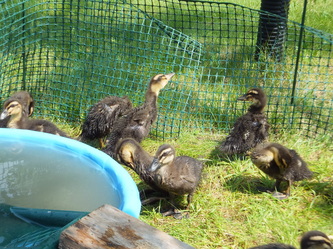
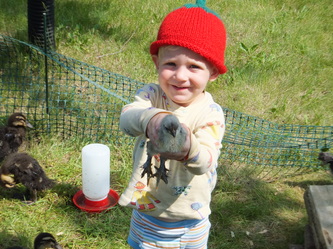
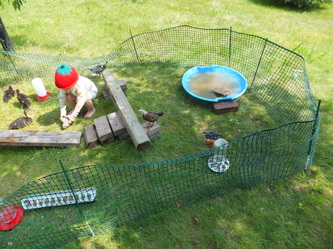
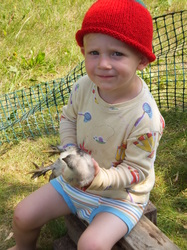
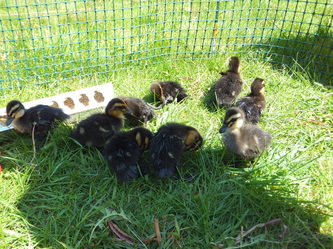
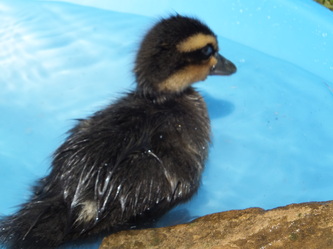
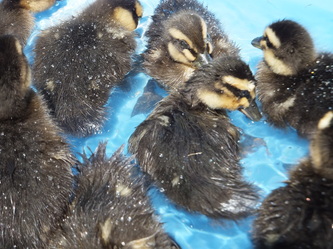
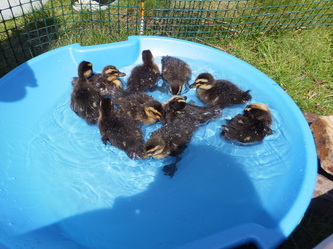
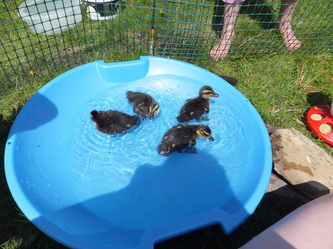
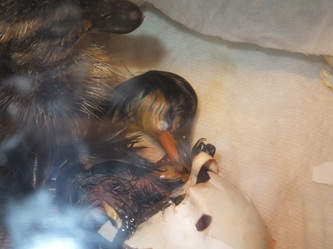
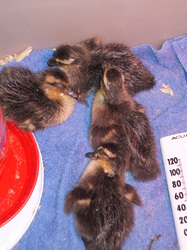
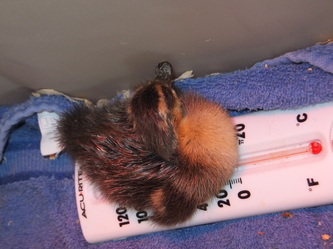
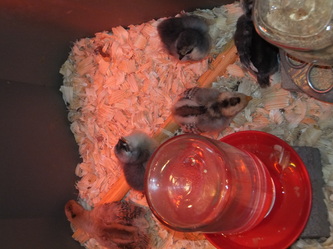
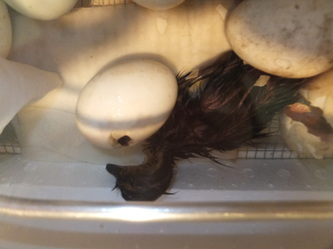
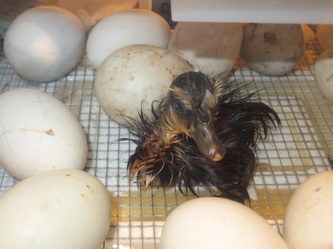
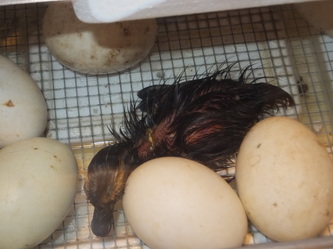
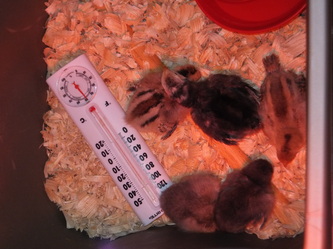
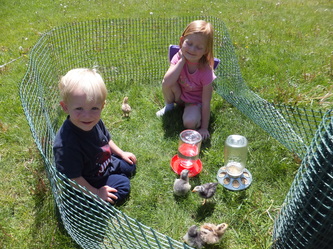
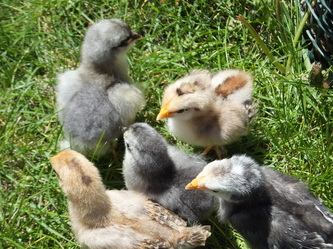
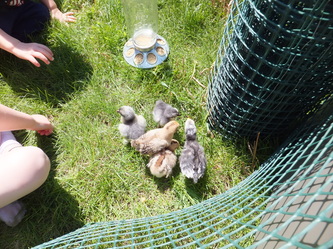
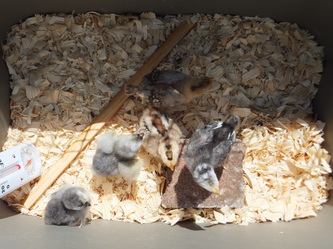
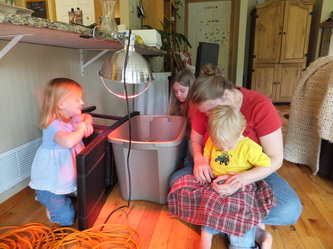
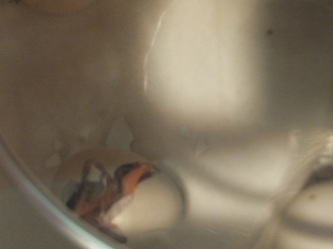
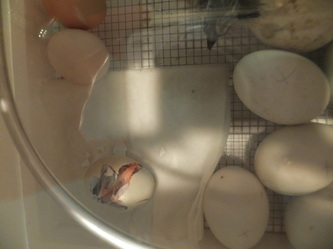
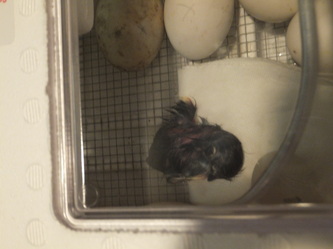
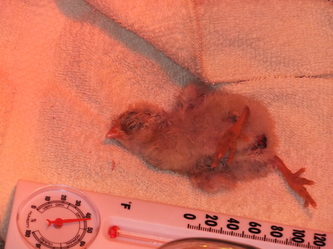
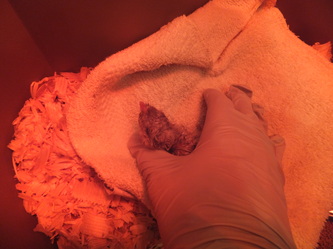
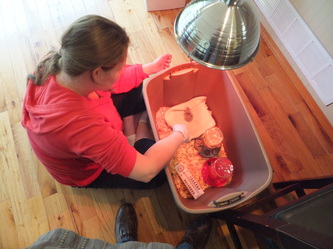
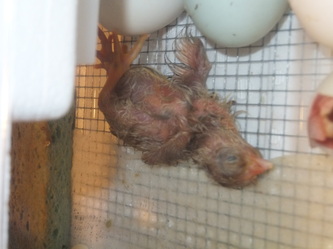
 RSS Feed
RSS Feed
